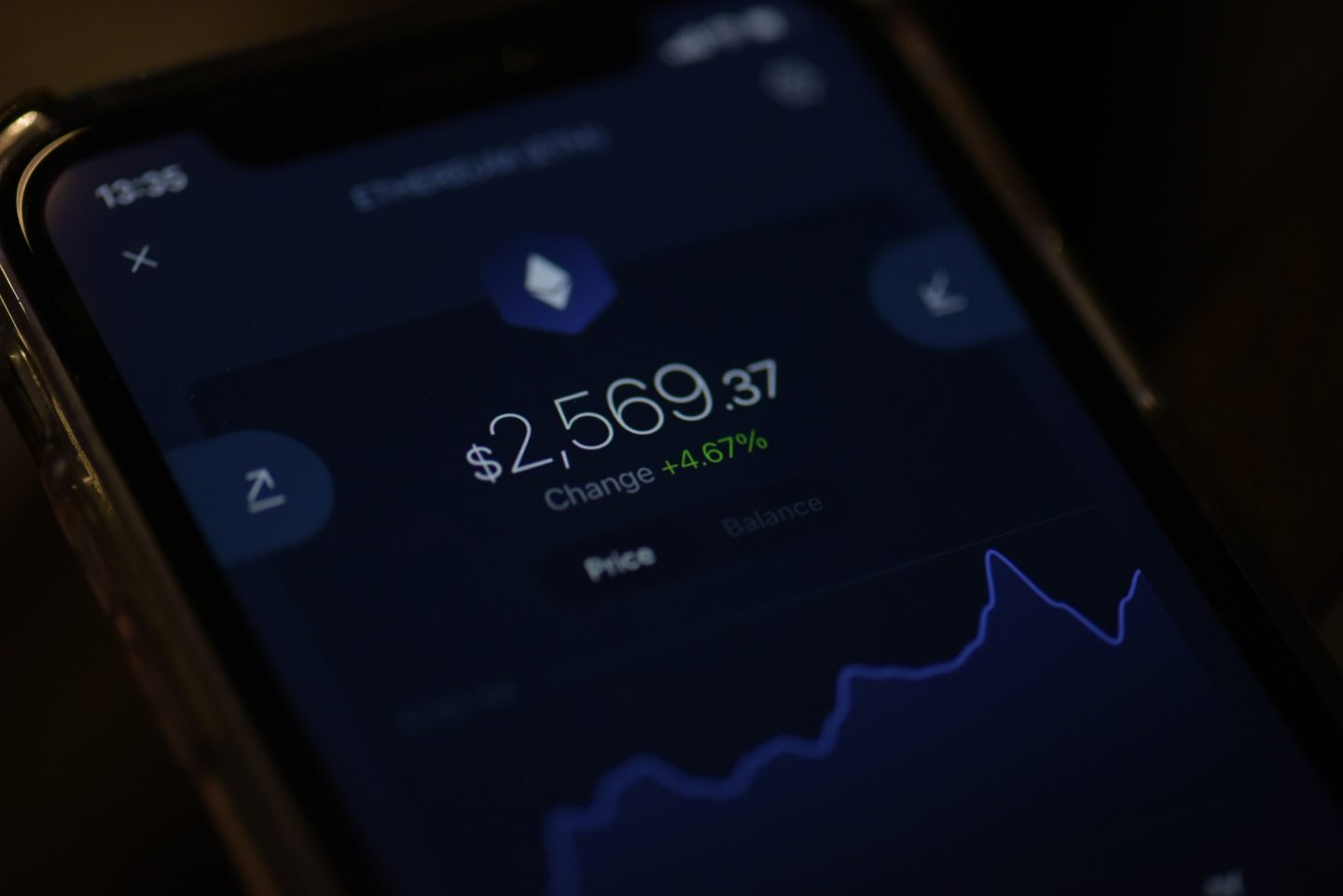Singapore cracks down on crypto firms serving overseas clients

Singapore-based crypto companies have until June 30 to stop offering digital token services to clients outside the country, unless they obtain a license. The Monetary Authority of Singapore (MAS) established the deadline as part of new rules under the Financial Services and Markets Act (FSM Act) passed in 2022.
MAS made the announcement after reviewing industry feedback on its proposed framework for digital token service providers (DTSPs). It made clear there will be no grace period. Any Singapore-based firm — whether a company, partnership, or individual — that offers token-related services overseas will need a license or must shut down that part of their business by the end of June.
According to MAS, “DTSPs which are subject to a licensing requirement under section 137 of the FSM Act must suspend or cease carrying on a business of providing DT services outside Singapore by 30 June 2025.”
Failing to comply could result in fines of up to S$250,000 (about US$185,000) and up to three years in prison. The rules apply broadly, including to firms whose overseas crypto activities are not their main business. Under the FSM Act, any digital token services run by Singapore-based entities are presumed to be operating from within the country, subject to local regulation.
Only firms already licensed or exempt under existing financial laws — such as the Securities and Futures Act, the Financial Advisers Act, or the Payment Services Act — can continue their operations without breaching the new rules.
Even so, experts believe getting a license will be tough. In a LinkedIn post, Hagen Rooke, a partner at law firm Gibson, Dunn & Crutcher, said MAS will likely issue licenses only in rare cases. He pointed to concerns over money laundering and terrorist financing risks as key reasons.
“The MAS will grant licences under the new framework only in extremely limited circumstances,” Rooke wrote, adding that businesses should act fast to reduce risks — including considering structural changes that remove their Singapore connections.
This move signals a clear shift in Singapore’s stance on crypto oversight. Although the country has promoted itself as a regulated environment for digital assets, regulators are now taking a harder line when it comes to cross-border activity.
Back in April 2022, Singapore passed the FSM Act to give MAS more power to oversee crypto firms that are based in the country but operate outside it. MAS has warned that some of these firms may take advantage of regulatory gaps — setting up shop in Singapore while offering unregulated services abroad.
Under the new rules, these companies must meet anti-money laundering and counter-terrorism financing standards, even if they don’t serve local clients. The new licensing requirement is part of MAS’s effort to close loopholes and tighten control over crypto activity tied to Singapore.
(Photo by Brian J. Tromp)
See also: Australia sets limits on crypto ATM use amid rising scam concerns

Want to learn more about blockchain from industry leaders? Check out Blockchain Expo taking place in Amsterdam, California and London.
Explore other upcoming enterprise technology events and webinars powered by TechForge here.



